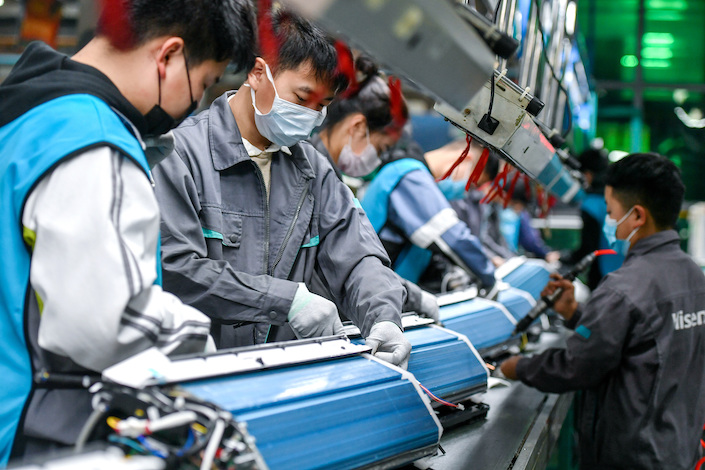


The B-1 visa has gained acceptance as an alternative to other work visas in recent years due to its lower cost and greater accessibility. However, a recent incident serves as a sobering reminder that using B-1 visas as a temporary solution for foreign workers may have costly consequences.
It all happened as an Indian company with U.S. operations decided to use B-1 visas rather than H-1Bs for its workers. They got into trouble and had to pay the federal government an astounding 9.9 million USD in a settlement.
For those who need to be in the United States temporarily, the temporary B-1 visa is sometimes viewed as an alternative to the H-1B, L-1, and TN visas. Even though it has some benefits, such as lower fees and no visa cap, businesses must be careful not to abuse it.
An Indian company with U.S. operations in New Jersey was being investigated by the immigration sections of the Departments of Homeland Security, State, and Labour. The investigation discovered that the company underpaid fees to the U.S. government by using B-1 visas rather than the necessary H-1B visas for its international employees.
The business disputed responsibility but consented to pay over $9.9 million to settle the claims. The judgement makes it abundantly clear that even accusations of misusing a B-1 visa can result in large financial penalties. Authorities in the United States are determined to go after people who attempt to exploit worker visa systems.

The new settlement emphasises how crucial it is to comprehend the stringent restrictions related to B-1 visas. Organisations should take the following safeguards to prevent falling into the same trap and perhaps face legal and financial repercussions:
People who want to come to the country to do skilled or unskilled labour or to work for an American firm are probably ineligible for a B-1 visa. To prevent visa abuse, it is essential to be aware of the short-term activities that are permitted, such as contract negotiations and meeting attendance.
Make sure that the activities of everyone your organisation intends to bring to the United States under the B-1 visitor programme strictly comply with the approved B-1 visitor scope. Receiving pay from a U.S. company or working productively might result in the refusal of a visa and serious legal repercussions.
If a person maintains their foreign domicile, has the intention of returning, and is not receiving payment from a U.S. company, they may in some circumstances be permitted to enter the country to install, service, or repair equipment.
Contract negotiations, meeting attendance, business associate consultations, and participation in conventions, conferences, or seminars are examples of short-term activities that may be permitted under B-1 status.
A B-1 visa usually allows for a maximum stay of six months. However, depending on the reason for the visit, U.S. Customs and Border Protection officials may permit shorter or longer stays.
Those on B-1 visas are typically prohibited from enrolling in full-time academic programmes or attending regular classes. The proper student visa (F-1 or J-1) should be obtained if a person intends to study in the United States.